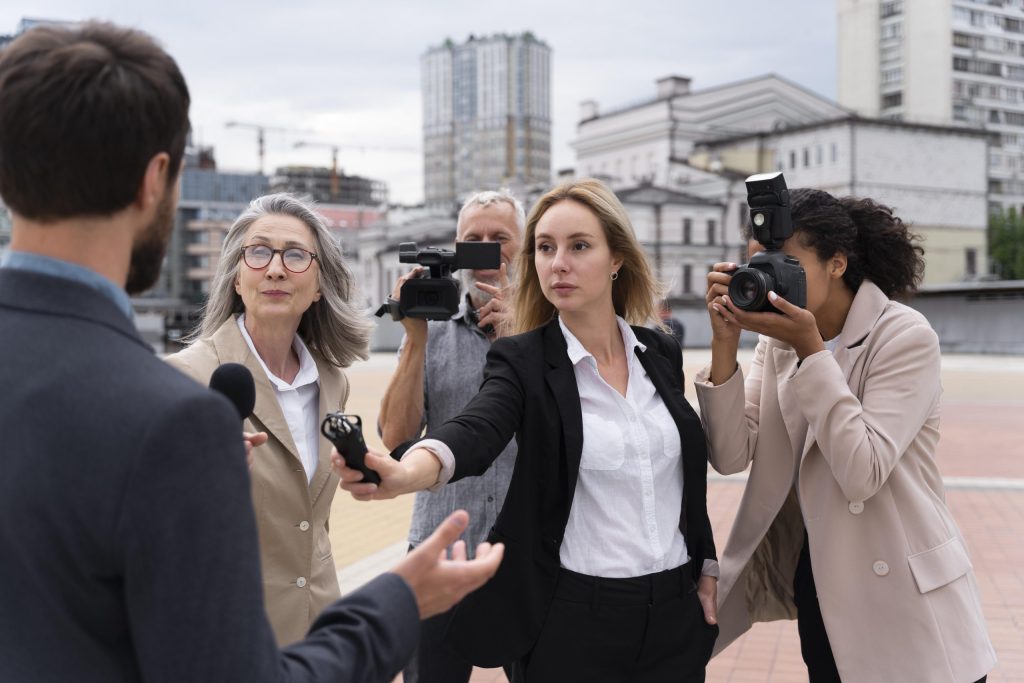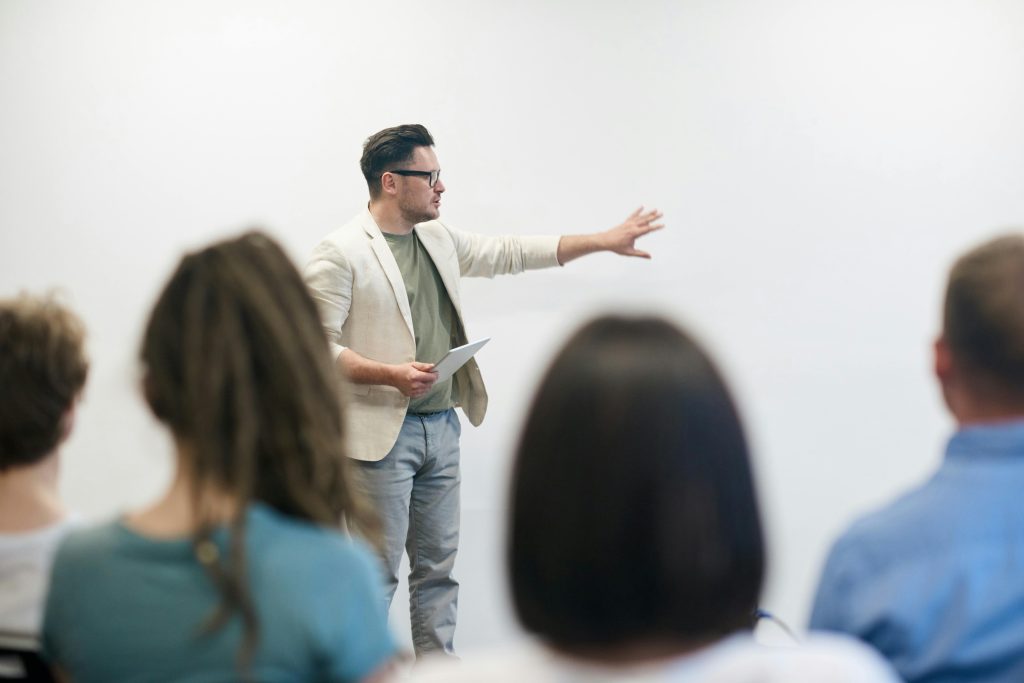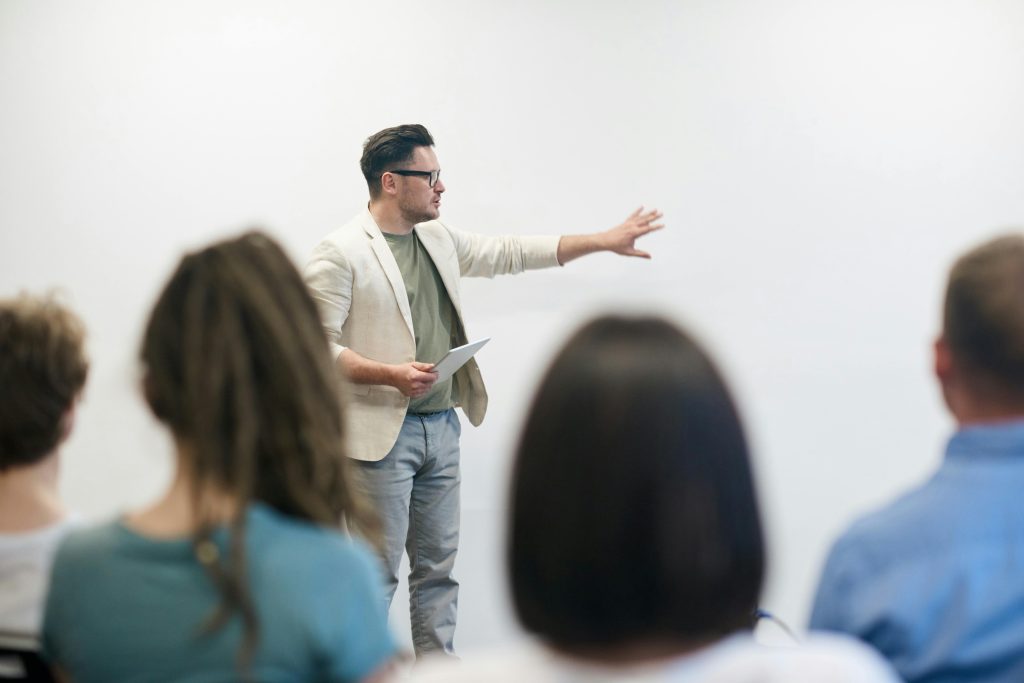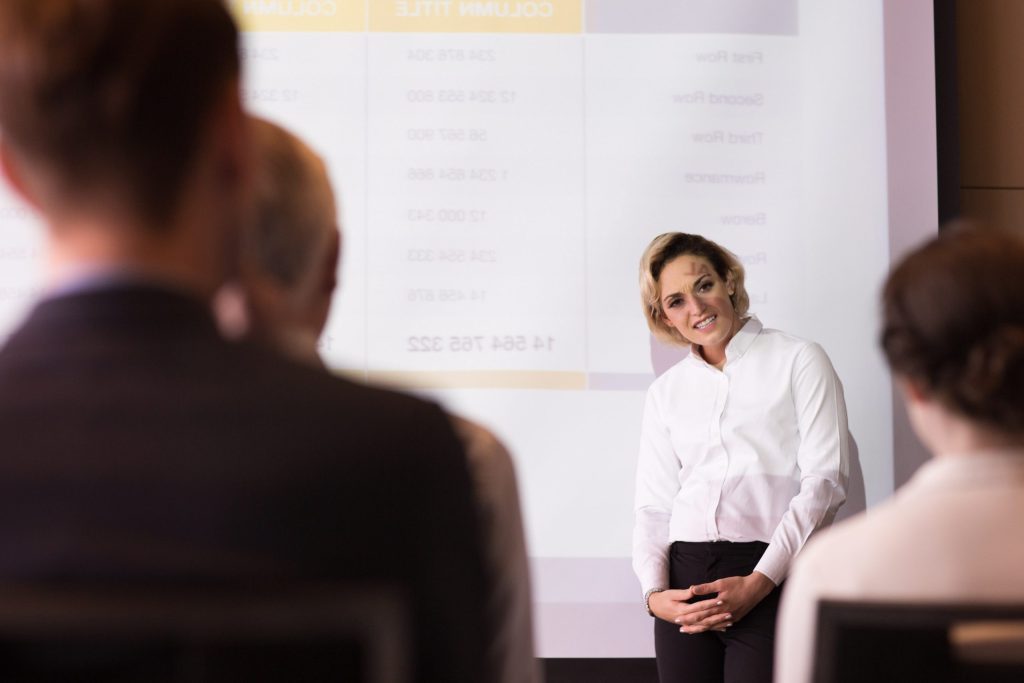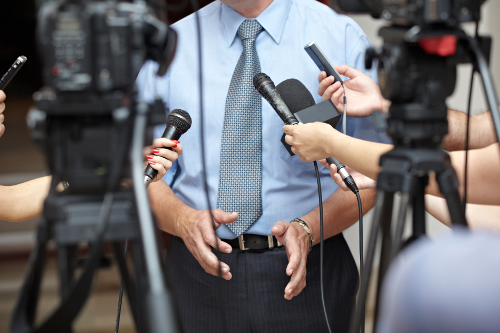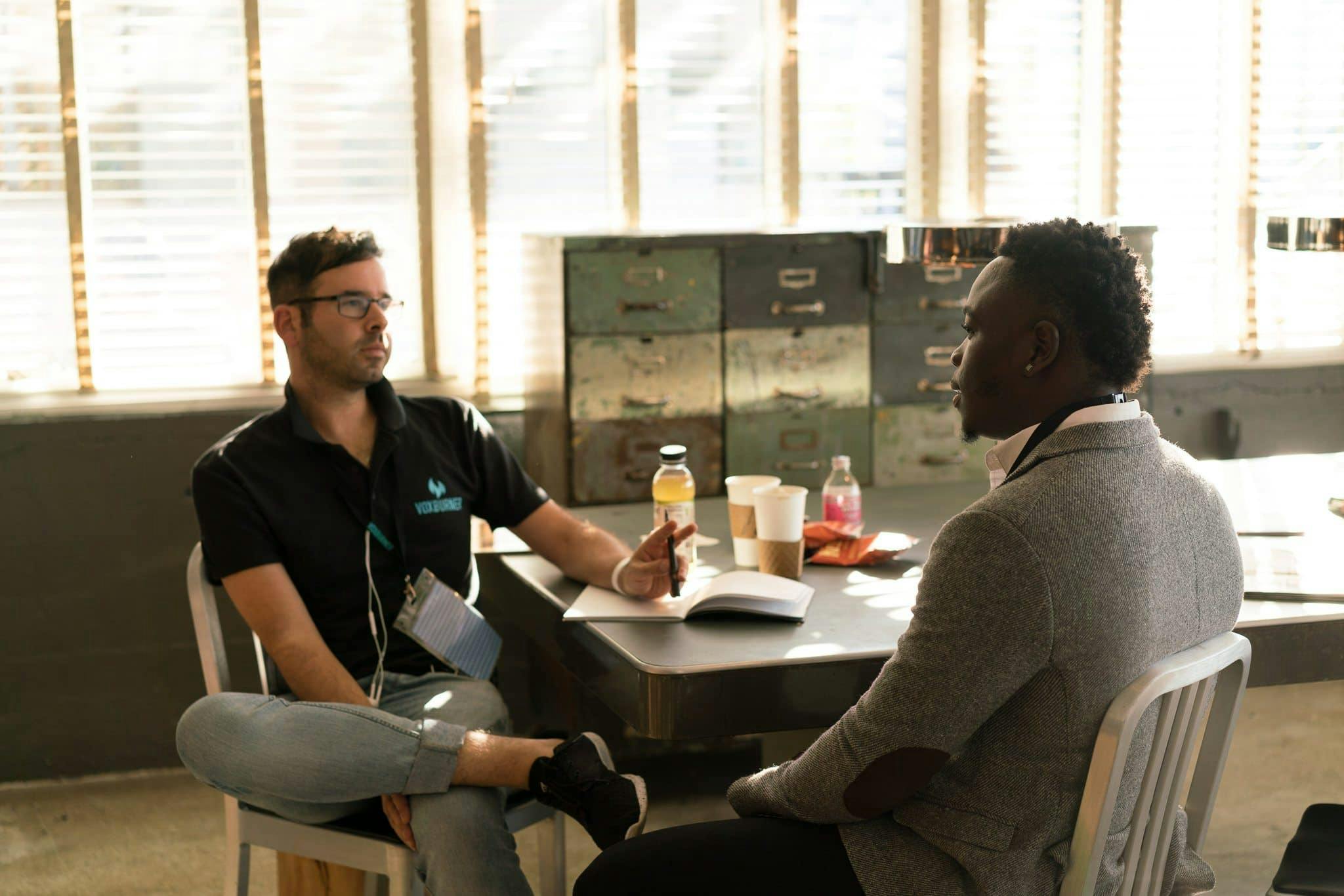How to Communicate With Confidence in High-Pressure Situations In today’s highly scrutinised business environment, facing...
Read MoreThe Theory Behind Crisis Media Training
Our crisis media training begins with a solid grounding in how the media landscape changes during high-pressure situations. In a crisis, journalists work faster, audiences are more reactive, and the margin for error is smaller—so preparation is critical.
Understanding the Crisis Media Landscape
We start by exploring why engaging with the media in a crisis is important, what news outlets you’re likely to encounter, and how journalists and producers shift their approach when covering crisis events. You’ll gain insight into the rapid-fire nature of news reporting during emergencies and how to stay composed under that pressure.
Shaping Your Message Under Pressure
We help you refine key messages that will resonate in tense situations. This includes researching the likely audience and journalist, identifying what outcomes you want, and developing soundbites that maintain clarity without sounding rehearsed or evasive.
Handling the Interview Environment
Finally, we cover essential on-the-spot techniques—bridging, body language, voice control, and managing nerves—while also preparing you for formats like live interviews or press conferences. You’ll also learn what to avoid when speaking to the media during a crisis, ensuring your communication is clear, credible, and confident.

